
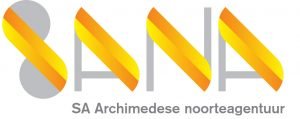

Training course for youth workers
Rõuge, Estonia September 22nd – October 3rd, 2018

The training course “The 7 Habits of Highly Effective NGOs” took place from the 22nd of September until the 3rd of October 2018 in Rõuge, Estonia.
It is no secret that in the field of NGO youth work, there are many factors that can cause an organization to either be effective and succeed, or struggle and fail. This depends largely on the habits that an organization chooses to adopt, or not adopt, and implement in their own organizational culture. This Training Course was inspired by Stephen Covey’s “7 Habits of Highly Effective People”, however it was a deep dive into the habits most important for the overall success and effectiveness of non-government organizations that work with youth.
This training was practical and results-oriented. Participants worked on adopting new and healthier tiny habits each day of the training course in order to leave with a new set of tangible habits and practical experience in changing their behaviors for success.
This was a training for youth leaders and other professionals working in the field. The knowledge they learned in the training will support their organizations and other working groups in the future.
The main aim of the training course was to develop the knowledge, skills, and attitudes of 25 youth workers from Estonia, Spain, Slovenia, Turkey, Malta, Greece, Poland, and Lithuania on the important “soft” habits of an effective organization to manage teams and execute their work.
This training course served as a paradigm shift away from what Paulo Freire (author of Pedagogy of the Oppressed) calls the “Banking model of education”, where educators make knowledge deposits, and tell participants what is the most important information for them to learn.
We co-created the program together in real time, at the training course, based on the needs of each youth worker and the habits they felt are most needed for their organization. We inverted the “banking model of education” to engage each participant in the process of their own learning, through “problem posing” education. We leveraged this innovative new methodology to create dialogues around topics the participants felt are integral to their personal development, their professional success and their quest to become a strong youth leader for them self, their
organization, and the youth they serve.
Participants discovered what a habit is, what success is, how to develop habits individually and as an organization. A new approach was adopted to co-create the structure of the program together based on the needs of the selected participants and their organisations.
Participants became more proactive in using the 7 habits in their everyday life contexts. They became more motivated to step up as leaders as youth workers, and empower the organization to focus on creating a culture that encourages the 7 habits and NGO effectiveness.
Furthermore, they learned theoretical and practical approaches to these habits and learned new experiential learning methods they can use in their own line of work. Non-formal education and experiential learning methods were used throughout the training course.
The objectives that we reached with the project were as follows:
1. Participants increased their knowledge as to what a habit is, how it is developed, and what are the crucial “soft” habits to develop as an NGO.
2. Participants honed skills in developing effective habits, and developed the particular soft skills needed to be an effective NGO staff member.
3. Participants increased their awareness on the importance of developing soft habits for an NGO’s effectiveness, as well as increased their understanding of what are the soft habits necessary for an NGO.
The results and final outcomes of the project included, social media reflections on soft competences and habits, daily “reporting” by participants about each day of the project, dissemination trainings by participants for their own NGOs and external NGOs, a soft habits manual guide created by the participants
The manual guide
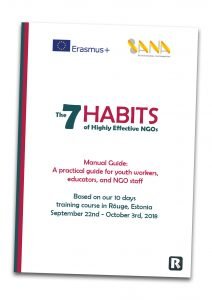 The manual guide was produced as a result of the Erasmus+ training course, “The 7 Habits of Highly Effective NGOs”, which brought together youth workers from Estonia, Spain, Slovenia, Turkey, Lithuania, Greece, Malta, and Poland to Rõuge, Estonia with the financial support of the European Commission. Through this training course, participants discovered what habits are, how to develop habits individually, what the most important habits for effective NGOs are, and how to hone these habits in their everyday lives as NGO workers.
The manual guide was produced as a result of the Erasmus+ training course, “The 7 Habits of Highly Effective NGOs”, which brought together youth workers from Estonia, Spain, Slovenia, Turkey, Lithuania, Greece, Malta, and Poland to Rõuge, Estonia with the financial support of the European Commission. Through this training course, participants discovered what habits are, how to develop habits individually, what the most important habits for effective NGOs are, and how to hone these habits in their everyday lives as NGO workers.
This booklet brings you a compilation of workshops, videos, tools, and other outputs that can be used by anyone in an attempt to share our experience during our training course with you!
We would like to express our gratitude to all the participants who dedicated their time, effort, and energy to make a contribution to this manual guide.
Partners
 MTÜ Revolutsioon (NGO Revolution – Estonia)
MTÜ Revolutsioon (NGO Revolution – Estonia)
info@revolutsioon.ee
www.revolutsioon.ee
 Asociación Iniciativa Internacional Joven
Asociación Iniciativa Internacional Joven
(Youth International Initiative Association – Spain)
info@aiij.org
www.aiij.org
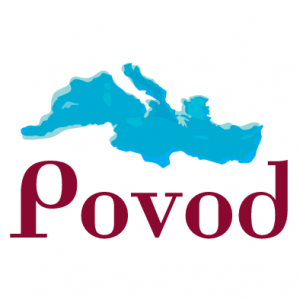 Povod (Slovenia)
Povod (Slovenia)
povod@povod.si
www.facebook.com/Povod-249963391841863
 Deneyimsel Egitim Merkezi Dernegi
Deneyimsel Egitim Merkezi Dernegi
(DeM Experiential Training Center Association – Turkey)
dem@demturkey.com
www.demturkey.com
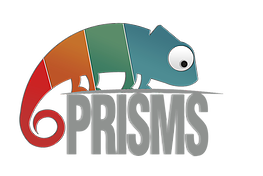 Prisms (Malta)
Prisms (Malta)
prisms.malta@gmail.com
www.prismsmalta.com
 IASIS (Greece)
IASIS (Greece)
amkeiasis@gmail.com
www.iasismed.eu
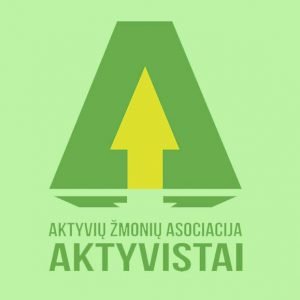 AKTYVISTAI (Lithuania)
AKTYVISTAI (Lithuania)
stirbys@gmail.com
www.aktyvistai.lt
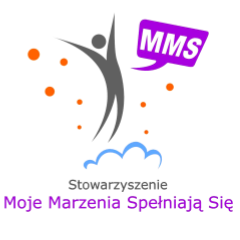 Stowarzyszenie Moje Marzenia Spelniaja Sie
Stowarzyszenie Moje Marzenia Spelniaja Sie
(My Dreams Come True Association MMS – Poland)
mms@mms.org.pl
mms.org.pl
Videos











